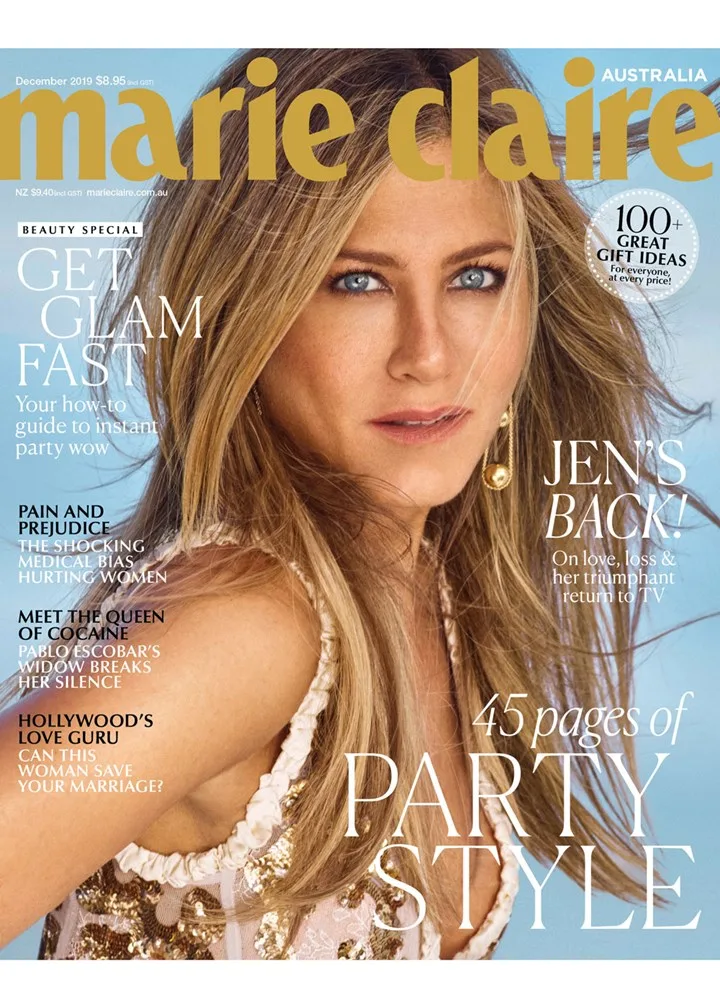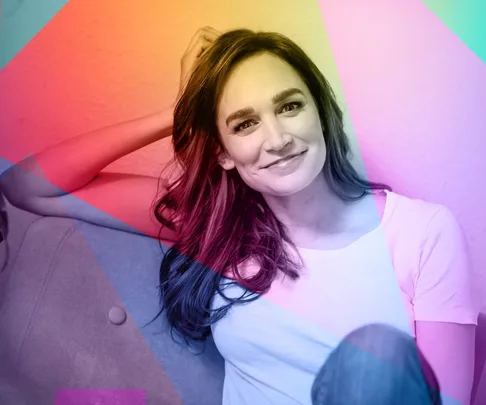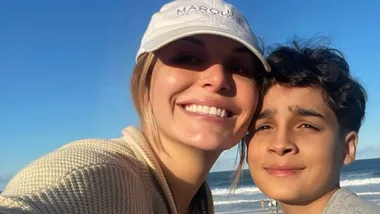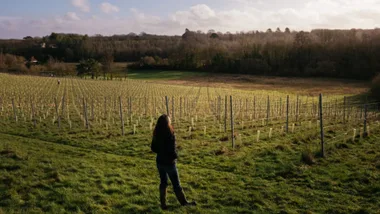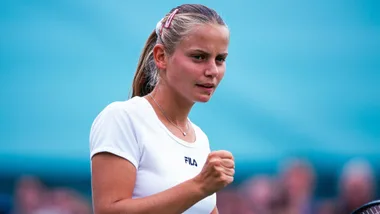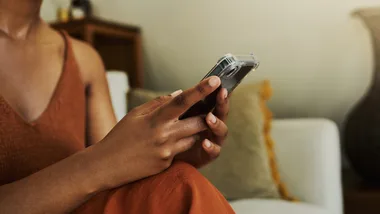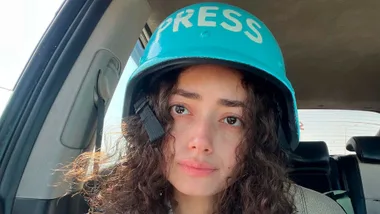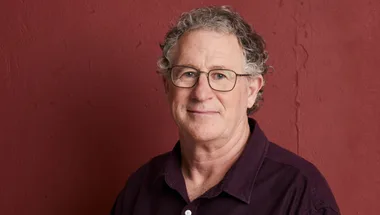I’m a bona fide, lifelong, sing-it-from-the-treetops member of the sisterhood. I have long spoken out against gender-based inequality and violence, and advocated for intersectional equality in my roles as our country’s first National Champion for UN Women NC Australia and as a founding member of 50/50 by 2020, an organisation that aims to ensure greater representation of women, people of colour, LGBTQIA+ and people with disabilities.
But there’s an emerging trend in the “brotherhood” that’s got me feeling positive about the future of equality.
Actor Benedict Cumberbatch announced (in 2018) that he will only take jobs where women are paid equally, and has encouraged others to do so. Tennis player Andy Murray corrected a reporter for referring to him as the first tennis player to win multiple gold medals, saying, “Venus and Serena [Williams] have won about four each.” And then there’s the UN-led #HeForShe solidarity movement, which encourages everyone to act against negative stereotypes and behaviours. And why not? Equality isn’t just a women’s issue, it’s a human rights issue.
Recently I experienced the power of the brotherhood and sisterhood coming together firsthand. Returning to work after having my first child earlier this year was an exciting and daunting time, as it no doubt is for all return-to-work mothers. But on my first day back, I discovered that for one particular scene I’d be … in a swimsuit. On television. Months after giving birth.
After growing a child with a karate kick of killer proportions for what felt like a lifetime, after a long, complicated labour, an eon of breastfeeding and then barely surviving the day-to-day of keeping that tiny human alive, the last thing I wanted to do was to bare my baby-beaten bod. While I had felt proud of what my body had accomplished, all I could think about was what it looked like. I spent all night formulating the right words for a meeting with my producers. I’d be professional. I’d calmly explain my reservations, and work for a solution that everyone was happy with. I’m a grown-ass woman, I could do this … I hoped.
Then, the next morning, I received an unexpected phone call. It was Rodger Corser. Some may swoon in his presence – he is a dreamboat television doctor after all – but to me, he’s my long-time mate “Dodge”, a trusted colleague and newly appointed producer on the series Doctor Doctor. “Nickers, it’s Dodge,” he said. “Don’t worry about the swimsuit scene. I brought it up in a meeting and we all agreed – costume will work with you so that you feel comfortable.”
Now, unless there’s something Dodge isn’t telling me, and he has miraculously borne an offspring himself, this isn’t the kind of situation a male actor would ever find himself in. Yet without having uttered a word of what I was feeling, or expressing what most women would feel in this situation, my mate had seen the issue, sought a solution and stood up.
This isn’t about being a damsel in distress. Being heard and shifting the narrative is not about “us versus them”. It’s about those with the loudest mouthpiece using it for the greater good. No matter how small the gesture … encouraging men to be accountable can only be a good thing.
Inequality affects everyone, insidious gender expectations weigh on us all, and if we’re to make meaningful social and systemic change, then men need to be a part of that conversation as well.
In the same way I will stand up for those more marginalised than myself, why not encourage the brotherhood to do the same for the sisters? We’re in this together. If equality needs to be all-inclusive, then so too does the responsibility of making it happen. And I want more of it.
This article originally appeared in the December 2019 issue of marie claire.
